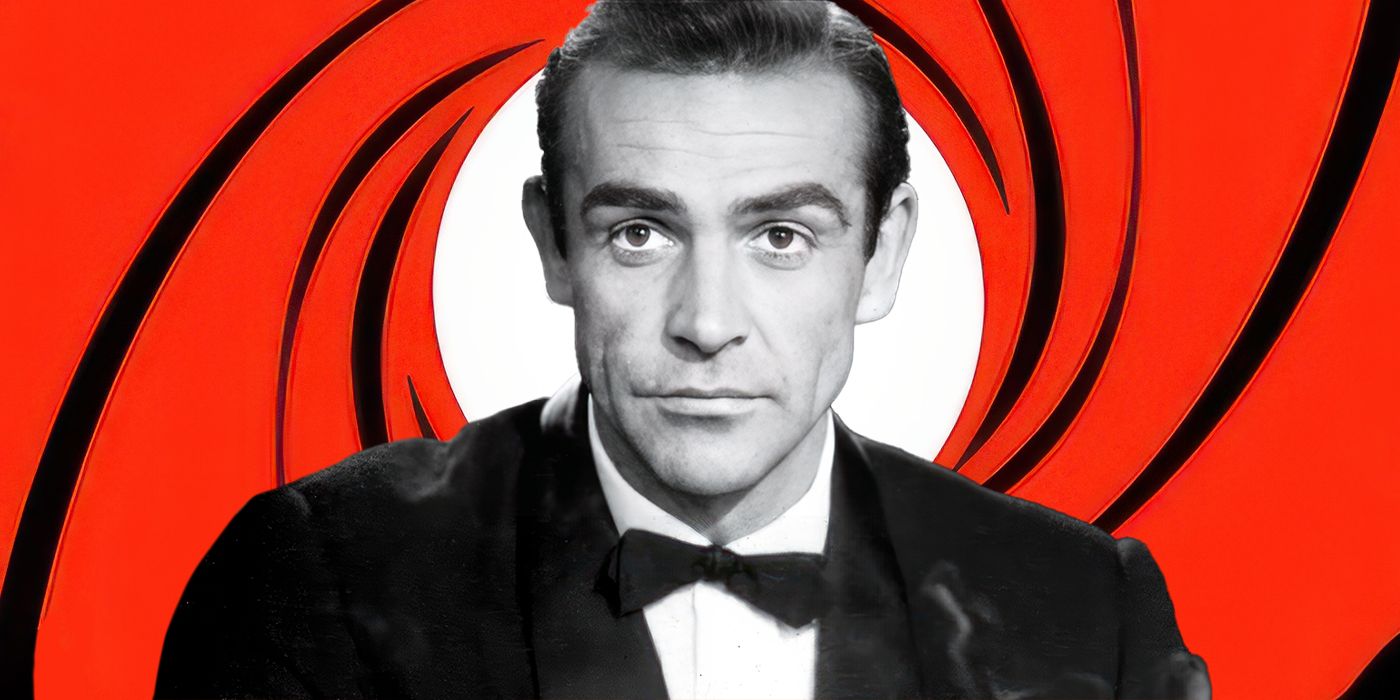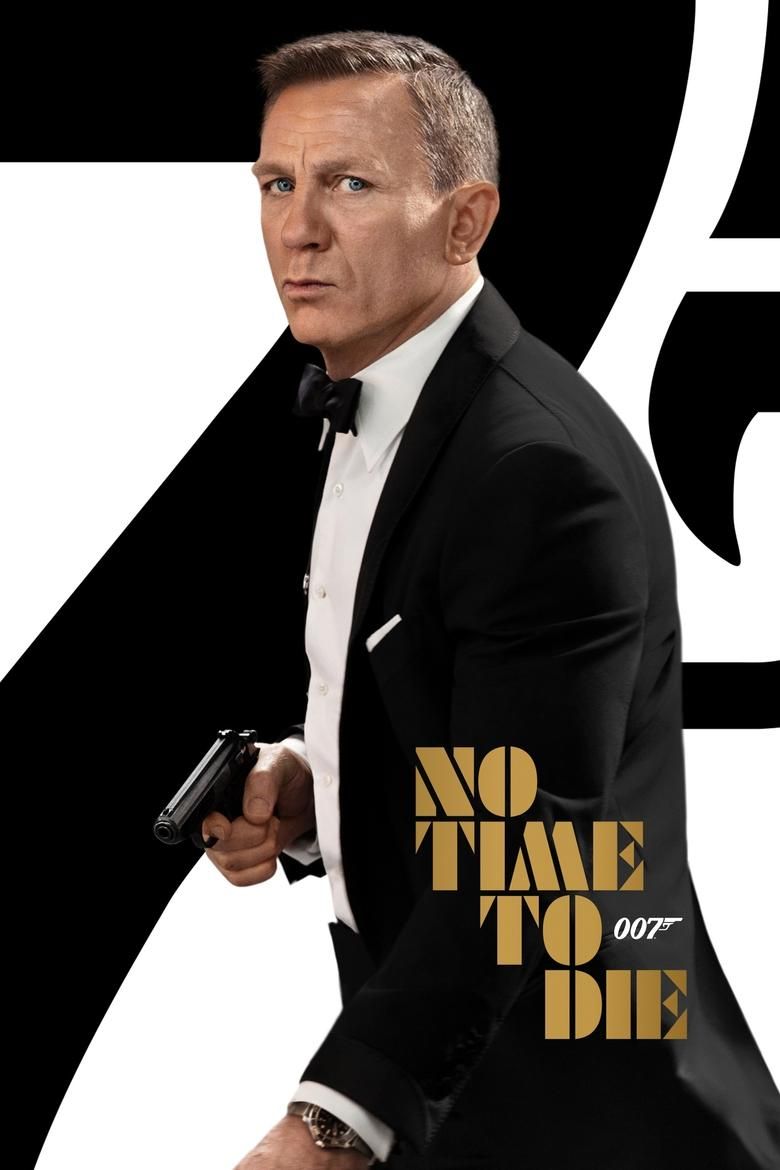Although James Bond had always been a blockbuster franchise, the fifth and final installment in the era of the series that starred Daniel Craig faced an unusually high level of hype. After Academy Award-winning director Sam Mendes helmed both Skyfall and Spectre, it was clear that another established filmmaker with a proven track record would be given the responsibility of closing out the tenure of the most popular Bond actor ever. Although it was eventually Cary Joji Fukunaga who directed the film, Danny Boyle was deep in development on No Time To Die before he left the project.
Boyle seemed like the perfect choice for a Bond film, as his popular, transgressive films had changed the course of British cinema within the last several decades. Although Steve Jobs had been much more of a critical hit than a commercial success, Boyle certainly had experience making “genre” films, such as the mystery thriller The Beach, the terrifying zombie film 28 Days Later, and the science fiction epic Sunshine. While there’s no doubt he would have made a compelling film, Boyle’s version of No Time To Die may have been too controversial for producers Michael G. Wilson and Barbara Broccoli.
‘No Time To Die’ Could Have Been Completely Different
Boyle initially pitched a version of No Time to Die to EON with his screenwriting collaborator John Hodge, whom he had been working with ever since his debut film Shallow Grave. Spectre may have pushed the series in a much sillier direction, reminiscent of the Roger Moore era of the franchise, but Boyle envisioned a bold, politically-minded conclusion to Bond’s story that would also include moments of his origin. Boyle planned to set the film in Russia and would have incorporated issues that paralleled the events of the Cold War. While many of the original Bond films starring Sean Connery contained allusions to the Cold War, EON was less enthusiastic about the potentially divisive story that Boyle had in mind. According to Boyle, EON “just lost confidence” in the original vision, which he described as “topical.”
The casting of the main villain was also in dispute, as the Bond series had certainly raised the bar when it came to the main antagonists. After Academy Award winners Javier Bardem and Christoph Waltz took on the main villain roles in Skyfall and Spectre, respectively, it was expected that the main antagonist in No Time to Die would also be played by a very popular actor. Boyle was interested in casting Tomasz Kat, the acclaimed Polish actor who had recently starred in Cold War, but sources for The Telegraph said that Craig had the final say on all casting decisions. Boyle ultimately revealed that a dispute over the script was what sank the project, as he was “not prepared to break” from the idea that he had established with Hodge.
2:49

Related
These Are Hands-Down the Most Intense 10 Minutes in a Sean Connery James Bond Movie
The tense scene has since become influential to the franchise.
No Time To Die was almost completely rewritten when Fukunaga was hired as Boyle’s replacement, as the screenwriters Scott Z. Burns and Phoebe Waller-Bridge were both brought in to polish up the new draft. However, some of Boyle’s ideas made it into the final version of No Time To Die, including the controversial decision to kill Bond, as well as the notion that he had a child with Swann (Léa Seydoux). Although this has led to some speculation about whether Boyle would want to return to direct a new installment in the series, now that Bond is under the domain of Amazon Studios and producer Amy Pascal, Boyle hinted that “that ship has sailed.”
Would Danny Boyle Have Been a Good Fit for James Bond?
Boyle’s greatest attribute has been his unwillingness to compromise, which may explain why helming a Bond film may have been a difficult ordeal. While traditionally the franchise had mostly consisted of standalone entities that could mostly be viewed in any order, the Craig era of the franchise developed a greater sense of continuity. No Time To Die was no just tasked with ending Craig’s Bond on a satisfying note, but wrapping up the stories that revolve around Q (Ben Whishaw), Mallory (Ralph Fiennes), Tanner (Rory Kinnear), Felix Leiter (Jeffrey Wright), Swann, and Waltz’s version of Blofeld. Although Boyle may not have been interested in those aspects of the series, the final installment within this continuity needed to wrap them up in a compelling way in order to be a satisfying conclusion.
No Time To Die ended up being wildly different from what Boyle pitched, as the more grounded, political aspects of the film were dropped in favor of a much sillier storyline involving the villain Safin (Rami Malek), whose evil plan felt like a piece of science fiction. Boyle may have wanted to shake up the Bond formula by doing something radically different, but those that loved No Time To Die seemed to appreciate the fact that it felt like a “love letter” to the entire series, as it even went so far to include the song “We Have All The Time In The World” from On Her Majesty’s Secret Service. Boyle may have been better suited for making sequels within franchise that helped to originate; T2: Trainspotting is one of the most underrated “legacy sequels” of all-time, and there is a lot of anticipation for 28 Years Later.

